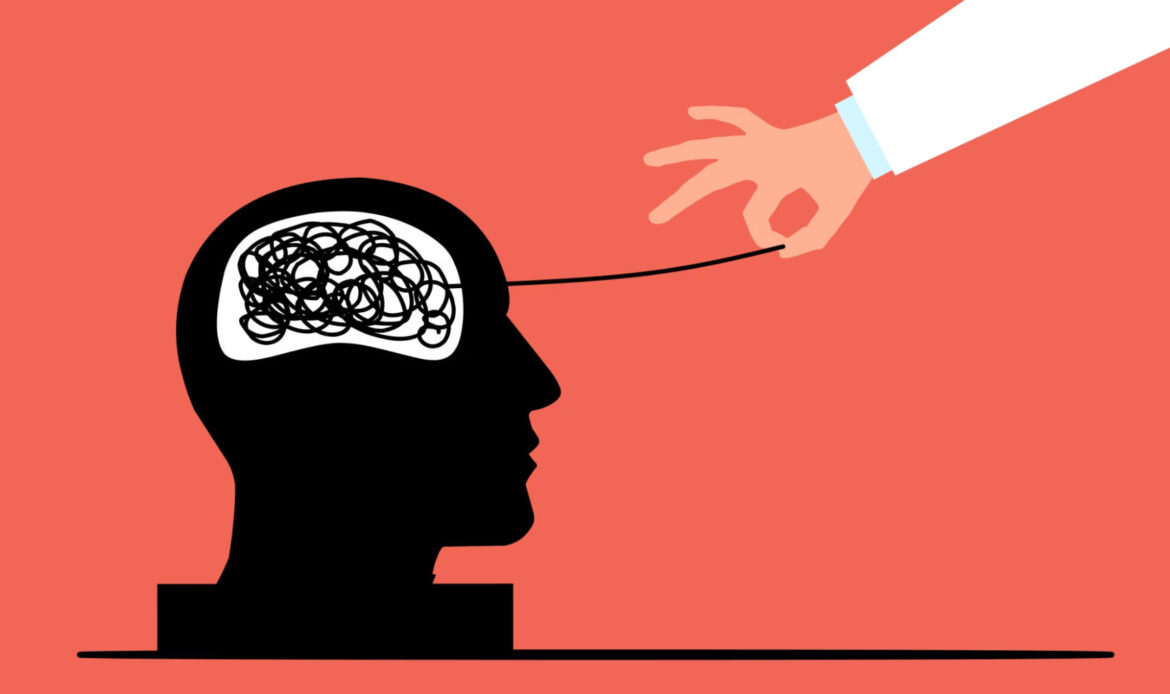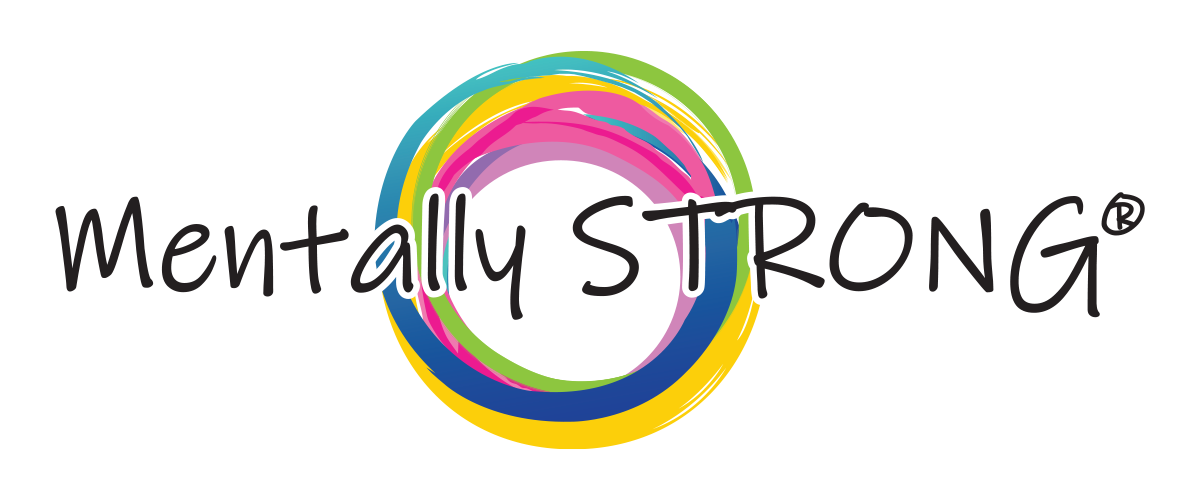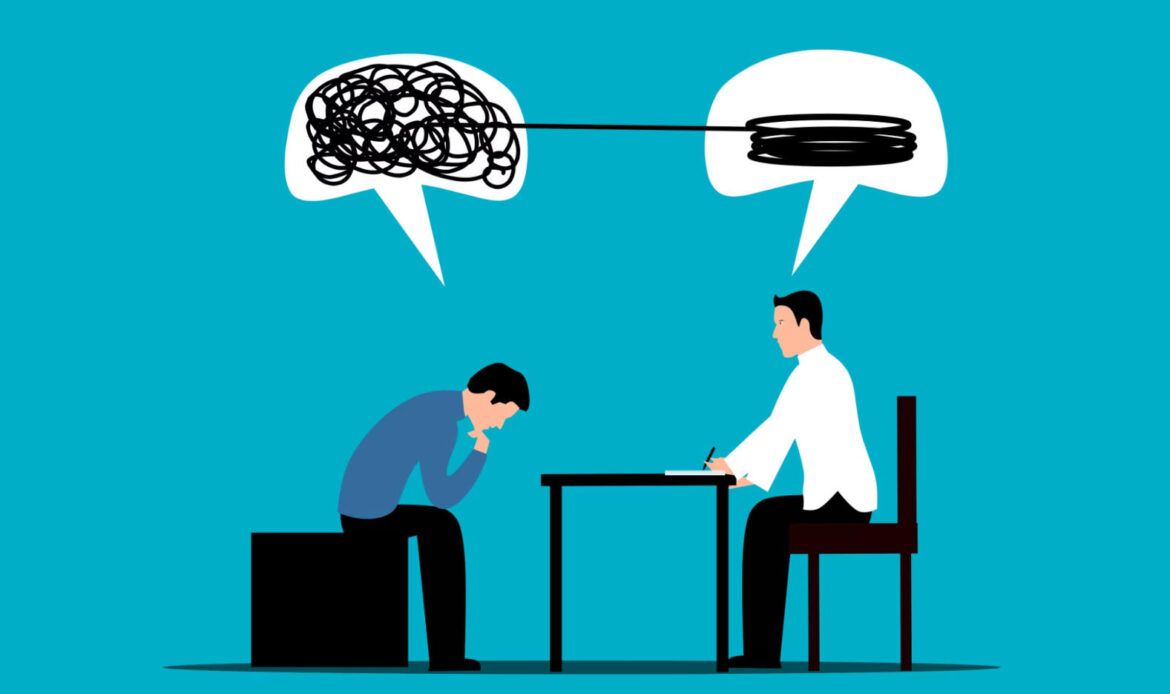Let’s be real: looking for a therapist can feel a bit like trying to date again after a breakup: awkward and full of way too many options.
Do you need someone who’ll help you dig into your childhood wounds?
Someone who’ll give you tools and homework?
Someone who won’t flinch when you say the hard stuff out loud?
You’re not alone in wondering: “What kind of therapist do I need?” The truth is, therapy isn’t one-size-fits-all and neither are you. So instead of matching yourself with the first licensed human who has a couch and a clipboard, let’s walk through the different types of therapy and what they’re actually good for.
1. Adult Mental Health Services
Sometimes talk therapy alone doesn’t cut it and you need a whole team to help you carry the weight. That’s what adult mental health services offer: full-spectrum support.

This might be a good fit if you:
- Feel like your symptoms are affecting your daily functioning (work, sleep, appetite, relationships)
- Want a professional to help evaluate if medication could help, but also want options beyond just meds
- Are looking for a steady combo of therapy and medication in one place
- Have tried therapy before but felt something was missing
- Appreciate structure, follow-ups, and a clear plan instead of just “talking about your week”
A great choice if you’re looking for comprehensive care that blends expert medication management with real emotional support.
2. Youth Mental Health Services
Adults are often great at voicing their emotions, like I’m anxious, or I feel depressed. Kids… not so much. They generally express what they’re going through with meltdowns, silence, stomachaches, or school refusal. And that’s exactly where youth mental health services come in: helping you translate the chaos into healing.
This might be a good fit if your child or teen:
- Is dealing with frequent anxiety, mood swings, or behavior issues
- Has experienced trauma or a major life shift (divorce, death, bullying, moves, etc.)
- Is struggling to keep up academically or socially
- Has already tried therapy but didn’t click with the provider
- Needs more than the occasional session, like consistent check-ins, tailored medication support, and someone who actually “gets” kids
A great choice if you want compassionate, specialized care to help your child or teen build resilience and confidence.
3. Psychoeducation
Let’s be honest: sometimes therapy feels like a mystery novel where you’re both the reader and the main character. Psychoeducation gives you the flashlight: it’s therapy plus practical education on how your brain, thoughts, and emotions work… and how to work with them, not against them.
This might be a good fit if you:
- Feel overwhelmed and want tools, not just talk
- Are the kind of person who Googles symptoms before making a doctor’s appointment
- Crave understanding more than diagnosis; you want to know why you feel what you feel
- Like the idea of a method you can learn, practice, and use on your own
- Are skeptical about therapy and want a more structured, hands-on approach first
A great choice if you want to feel more empowered by understanding how your mind works and how to take charge of your healing. For a practical place to begin, start with this self-exploration resource to help you connect the dots between what you’re feeling and why.
4. Cognitive Behavioral Therapy (CBT)
CBT is like Marie Kondo for your brain. It helps you sort through the mental clutter, keep what serves you, and gently say goodbye to thoughts that spark absolutely no joy… or worse, fuel your anxiety, depression, or shame.
This might be a good fit if you:
- Struggle with intrusive thoughts, spiraling, or worst-case-scenario thinking
- Want tangible coping skills and clear goals
- Appreciate worksheets, structure, or homework between sessions
- Are working through anxiety, depression, OCD, or PTSD
- Like the idea of re-training your brain, one thought at a time
A great choice if you’re ready to tackle unhelpful thoughts and build healthier habits, one small step at a time.
Interested with trying a CBT approach without committing to a therapist? I designed the Mentally STRONG Method for situations exactly like this. Get instant access now. If you find yourself mentally spiraling, this method helps break the loop and guide you toward clarity.
5. Dialectical Behavior Therapy (DBT)
If CBT is the map, DBT is the survival guide for when you’re stuck in the emotional wilderness. It’s especially helpful for folks who feel too much, too fast, or swing between extremes.
This might be a good fit if you:
- Feel emotions like a tidal wave (and often crash hard after)
- Have intense or chaotic relationships
- Struggle with self-harm, suicidal thoughts, or emotional outbursts
- Want concrete tools for distress tolerance, emotion regulation, and mindful communication
- Are exhausted from trying to “just calm down” and need skills that actually work in the moment
A great choice if you need practical skills to manage overwhelming emotions and build stronger, healthier relationships.
6. Psychodynamic Therapy
This is the deep-dive therapy: the slow, powerful unraveling of patterns you didn’t even know were running the show. Psychodynamic therapy invites curiosity instead of shame and helps you understand the roots of your emotional life.

This might be a good fit if you:
- Have recurring emotional patterns you can’t explain
- Keep ending up in the same kinds of relationships or situations
- Want to understand how childhood experiences still show up in adult decisions
- Are open to slower-paced insight-building rather than fast symptom “fixes”
- Are feeling stuck, numb, or disconnected, but not exactly sure why
A great choice if you’re ready to gently explore how your past experiences may still be shaping your present.
7. Humanistic Therapy (Person-Centered Therapy)
You know the therapy you see in movies, complete with laying on the couch while holding a pillow? This is something like that.
Instead of focusing on fixing symptoms, humanistic therapy helps you tune in to your most authentic self. It’s less about what’s wrong and more about what’s true.
This might be a good fit if you:
- Crave warmth, empathy, and being deeply heard without judgment
- Feel like you’ve lost touch with who you are or what matters to you
- Want to grow your confidence and self-compassion from the inside out
- Struggle with self-worth or feeling “not enough”
- Aren’t looking for advice, just space to explore and be seen
A great choice if you’re looking for a safe, non-judgmental space to reconnect with your inner wisdom.
8. Exposure Therapy
Exposure therapy helps you gently re-enter the places, memories, or experiences that scare you; without being thrown in the deep end. Think of this as bravery training, and you set the pace.
This might be a good fit if you:
- Avoid people, places, or situations because of past trauma, panic, or phobias
- Struggle with OCD, social anxiety, PTSD, or specific fears
- Want to regain confidence and independence
- Are tired of your fear calling the shots
- Can commit to consistency, even when it’s uncomfortable
A great choice if you’re ready to face your fears at your own pace and take your life back, one step at a time.
9. Emotionally Focused Therapy (EFT)
EFT is like relationship repair in real-time. Whether you’re a couple on the brink or a family that’s drifting apart, this therapy helps you break cycles of conflict and build safety and trust.
This might be a good fit if you:
- Feel stuck in the same arguments or disconnect in your relationship
- Crave more closeness, but feel pushed away or shut down
- Struggle to express needs or understand your partner’s
- Want to heal attachment wounds from childhood or past relationships
- Are open to exploring your emotions, not just the surface behaviors
A great choice if you want to heal emotional wounds and create deeper, more secure connections with the people you love.
10. Somatic Experiencing Therapy
Trauma lives in your nervous system (not just your memories) and sometimes talk therapy just doesn’t cut it. Somatic therapy helps you gently reconnect with your body, release stored stress, and feel safe again in your own skin.
This might be a good fit if you:
- Struggle with anxiety, dissociation, or chronic tension
- Feel like traditional talk therapy doesn’t fully reach your trauma
- Have experienced physical, medical, or developmental trauma
- Feel stuck in “fight, flight, or freeze” mode
- Want to learn how to regulate your nervous system and feel more present
A great choice if you want to heal trauma not just in your mind but deep within your body too. If you’re curious about how that healing process unfolds, this healing journey guide might offer a soft place to start.
11. Neurofeedback
This high-tech therapy gives your brain a mirror. Neurofeedback helps your mind practice new patterns just like lifting weights at the gym.
This might be a good fit if you:
- Live with ADHD, anxiety, PTSD, or focus issues
- Want a non-medication option for mental clarity and emotional balance
- Are curious about how your brain works and how to optimize it
- Struggle with sleep, impulsivity, or sensory overload
- Feel like your mind is “always on” or hard to quiet down
A great choice if you’re curious about training your brain for better focus, mood, and calm.
12. Ketamine Therapy Treatment
Ketamine therapy is legal, fast-acting, and can be a breakthrough for treatment-resistant depression. It’s not for everyone… but for some, it opens a door they didn’t know was there.
This might be a good fit if you:
- Have tried multiple antidepressants without lasting relief
- Feel hopeless, numb, or emotionally stuck
- Want to explore options that go beyond traditional talk therapy
- Are open to a medically supervised psychedelic treatment
- Are looking for a holistic care team that includes therapy and psychiatric support
A great choice if you’re struggling with depression that hasn’t responded to other treatments and need a new path toward relief.
13. Biofeedback & Neurofeedback
Biofeedback lets you see your stress… literally. It uses sensors to measure things like heart rate and brain waves, then teaches you how to regulate them. It’s like mindfulness with data.
This might be a good fit if you:
- Struggle with chronic stress, anxiety, or panic attacks
- Want tools to manage your body’s responses in real time
- Like learning through tech or feedback-based training
- Deal with migraines, insomnia, or physical symptoms of stress
- Are motivated to practice self-regulation skills between sessions
A great choice if you want to learn how to calm your mind and body by tapping into your brain’s natural rhythms.
14. Holistic & Integrative Therapies
These therapies look at the big picture. Instead of just targeting symptoms, holistic approaches honor your story, your biology, your beliefs, and your environment. Because healing isn’t one-size-fits-all.
This might be a good fit if you:
- Are looking for therapy that includes bodywork, mindfulness, or spiritual care
- Value Eastern or alternative approaches alongside Western medicine
- Feel like mental health is more than just a diagnosis
- Want personalized support that honors you as a whole person
- Are curious about how nutrition, movement, and lifestyle play into your healing
A great choice if you want therapy that cares for your whole self: mind, body, and spirit together.
Ready to begin? Here’s how we can help.
If you’re feeling overwhelmed by the options, that’s okay. Finding the right fit can be a long process, but the goal is to find someone who holds space for you and just… helps you feel a little less alone on the hard days.
And if you’re still unsure where to begin, our team at the Mentally STRONG Clinic is here to walk that first step with you. You deserve support that meets you where you are and helps you move forward.
Still wondering why life feels so hard? You’re not the only one. Start there if you need to name what’s weighing you down before reaching out for help.
Let’s find what works, schedule an appointment today.

